
Early Clues From Your ECG
So—your doctor handed you an ECG printout, gave you that knowing look, and mentioned you have “poor r wave progression.” Suddenly, you feel like your heart’s speaking a secret language you’re not fluent in. Maybe your thoughts go, “Wait, is this serious? Did I break my heart somehow?” Trust me, you’re not the only one to Google it at 2 a.m. Let’s settle in and make sense of this together. We’ll clear up the medical fog, one cup of coffee (or tea) at a time.
But first—a confession. This is one of those heart findings that gets tossed around a lot, sometimes as a red alert and sometimes…well, as a “meh.” The way I see it, understanding what’s actually going on with poor r wave progression can spare you from needless panic—or help you catch something important, if you need to.
Have You Ever Wondered Why ECGs Are So…Cryptic?
Seriously, it’s not just you. ECGs are essentially mood rings for your heart—but a lot trickier to interpret. All those little spikes and dips? They’re electrical footprints from your heart’s journey with each beat. And yet, the clues are tiny. Picture trying to spot a missing pet on a crowded city block—except what’s missing is a tiny “bump” in one particular spot on the ECG.
Real Life Example: Sarah’s Not-So-Scary Scare
Let me introduce Sarah (not her real name)—a runner, mom of two, who showed up for a routine check-up. Doc says, “Hmm, your ECG has poor r wave progression,” and her immediate thought was, “Great, I’m doomed.” Fast-forward to a quick retest, where—no joke—the leads had been swapped. Yep, her “heart scare” vanished as fast as it arrived. If you’ve ever felt your mind racing after a test result, you’re in good company.
What Poor R Wave Progression Is…And Isn’t
Here’s the basics, minus the medical mumbo-jumbo. Poor r wave progression means one of your ECG’s little “mountains”—the R wave, which shows part of your heartbeat’s electrical spark—doesn’t get bigger the way it should as the leads move across your chest. Doctors usually check how tall those R waves get, especially by the third lead (they call this V3). If the mountain’s a molehill—three millimeters or smaller in V3—they note poor r wave progressionaccording to the LITFL ECG library.
This finding might sound precise, but what it means for your health can vary a lot. Sometimes it’s a clue to something critical. Sometimes…totally harmless or even a mistake. And honestly, every heart’s unique—like fingerprints, but with a beat.
Okay, So What Causes This?
Let’s talk reasons—because knowing the “why” makes it a lot less scary. And don’t worry, you don’t need to memorize anatomy.
| Common Cause | What’s Really Happening | How Often? |
|---|---|---|
| Previous Heart Attack (Anterior MI) | Old damage makes the signal “fizzle” in certain spots. | Not rare if you’re older or have heart risk factors. |
| Left Ventricular Hypertrophy (LVH) | Heart muscle thickens from high blood pressure, shifts the pathway. | Super common if you’ve ever had high BP. |
| Right Ventricular Hypertrophy (RVH) | Similar, but the right side bulks up—linked to lung issues sometimes. | Less common than LVH, but not rare. |
| Electrode Placement Errors (Oops…) | The ECG stickers are swapped or placed too high/low, making things look off. | Way more common than you’d think—especially in the real world. |
| Normal Variant | Your heart’s just a little different. Nothing else is “off.” | Not rare! Plenty of healthy people have this. |
Now, if you’re waiting for the “aha!” moment, here’s the thing: The vast majority of poor r wave progression cases are either normal…or fixable mistakes. Fancy that.
Anatomy Check: How The R Wave Works
Visual person? Imagine your heart’s electrical current starting in one room (the atria), then zipping down the hallway (the ventricles), making lights flicker as it goes. The R wave is that big “oomph” as the current crosses your heart’s main chamber—the left ventricle. Normally the signal’s strongest by V3 or V4, like a mountain getting taller as you move across a map. If that doesn’t happen…voilà, you’ve got poor r wave progression according to ECG Stampede’s definition.
Should You Freak Out? (Spoiler: Usually, No…But Sometimes Yes)
Big question, right? Here’s where things get real. Poor r wave progression by itself is a bit wish-washy. Sometimes it’s just a random quirk. But if your doctor flagged it after you’ve had chest pain, shortness of breath, or an “event” (like a near faint)? Listen up—your heart might be waving a red flag.
What Are the Warning Signs to Watch?
Think detective for a sec. Does this ECG finding come alongside:
- Persistent fatigue out of nowhere?
- Chest tightness—not just when running up stairs?
- Shortness of breath, swelling in your legs?
- A history of high blood pressure?
- Episodes of dizziness, fainting?
If the answer is “yes” to any of these, don’t sleep on it. Reach for your phone, book that follow-up, and get your questions ready. There’s a real link to stuff like prior heart attacks or heart muscle thickening. And research has even explored connections between poor r wave progression and increased long-term risk, especially for women and those with underlying disease according to a national Finnish study.
Personal Touch: My Aunt and Her “Sticky” Heart
My aunt once went from “invincible” to “worried sick” after her ECG hatched a suspicious poor r wave progression. Turned out, her blood pressure had been slowly creeping up. A few lifestyle changes—think veggie-packed meals, walks after dinner, less salt—and by her next check-up, her heart was giving all the right signals again. Moral of the story? Sometimes those little changes are the difference between anxiety and peace of mind.
Could It Be…A False Alarm?
You bet. Talk to any nurse or ECG tech and you’ll hear, “We see this all the time—sometimes we just redo the test and, poof, it’s gone.” Honestly, I’d love a dollar for every time an electrode just got a little off-kilter.
The Sneaky Impact Of Lead Placement
Leads (the sticker thingies) need to be in just the right spot. If they aren’t? The whole readout changes. Imagine measuring your living room with the tape at an angle—your “living room” now looks huge…or tiny. Same for your heart signal. Studies (and plenty of ER stories) show that poor R wave progression is often just the aftereffect of a misplaced lead as highlighted in clinical case examples.
Quick Reality Check: Not All Abnormal = Bad
Here’s some relief: for plenty of folks, poor r wave progression is simply a normal variant. No harm, no foul. Especially if you feel fine, have no other risk factors, and your doc isn’t worried, you can almost always exhale and move on.
What Should You Do If You Have It?
Short answer? Don’t panic. But don’t completely ignore it, either. See it as a nudge—a reminder to check in with your body and your habits. If you’re unsure, always—always—ask for clarification from your provider. There are no dumb questions here.
Top Questions To Ask at Your Next Appointment
- “Is this related to my medical history, or could it be a normal for me?”
- “Should I have more tests?” (Like an echocardiogram, or a treadmill stress test?)
- “How does my blood pressure, cholesterol, or lifestyle play into this?”
- “Should my family worry, too?” If you’ve got history of heart trouble at home, mention it.
Pro tip: Take a notebook. Even the calmest people forget half their questions when they get there.
Case Study: The Runner Who Nearly Overreacted
Quick story—my friend Tom, lifelong runner, got an “abnormal” ECG call. He was convinced it meant he’d have to quit marathons. Turns out, untreated high blood pressure had started to bulk up his heart (LVH). With some meds and sensible running, he’s back at it. Sometimes a finding like poor r wave progression is just the red flag you need to tackle problems head-on…not an end to your passions.
Your Heart, Your Habits: What Now?
This whole journey isn’t just about reading ECGs—it’s about giving your heart the best shot at a happy, healthy future. If you do have poor r wave progression and any risk factors—like high blood pressure, high cholesterol, diabetes, or a family history of heart disease—listen up. It’s time to make those small, sticky changes everyone groans about. Spoiler: they work.
Simple Steps With Big Impact
- Eat real food. (If you can’t pronounce the ingredients, try again.)
- Move regularly—doesn’t have to be a marathon, just move.
- Don’t sleep on your stress. Your heart feels it when you do.
- Track your blood pressure—yes, even if you feel perfectly fine.
- Prioritize sleep. (Your body, your brain, your heart: all in sync.)
If you’re really worried, keep a symptom log—especially if you notice swelling, unexplained pain, or fainting. And loop in your doctor sooner rather than later. Partner up on your health; your heart will thank you.
Wrapping Up: You’re The Boss Of Your Health Story
If you’ve made it this far, let’s be real—I’m rooting for you. Poor r wave progression sounds intense, but most of the time, it’s just your heart saying, “Hey, keep an eye out for me.” For every story of a Sarah or a Tom who found out something was wrong, there are dozens more where this ECG finding meant nothing serious at all. But letting it open a conversation about your heart health? That’s priceless.
So, what do you do now? Breathe. Call your doc if you have questions. Get curious, not anxious. Make those little healthy swaps you secretly know you’ve been putting off. And keep listening to your body—because you’re the best judge of your own normal.
Most importantly? Don’t go it alone. Ask questions. Share your story. And always remember, a single line on an ECG doesn’t define the beat of your life.

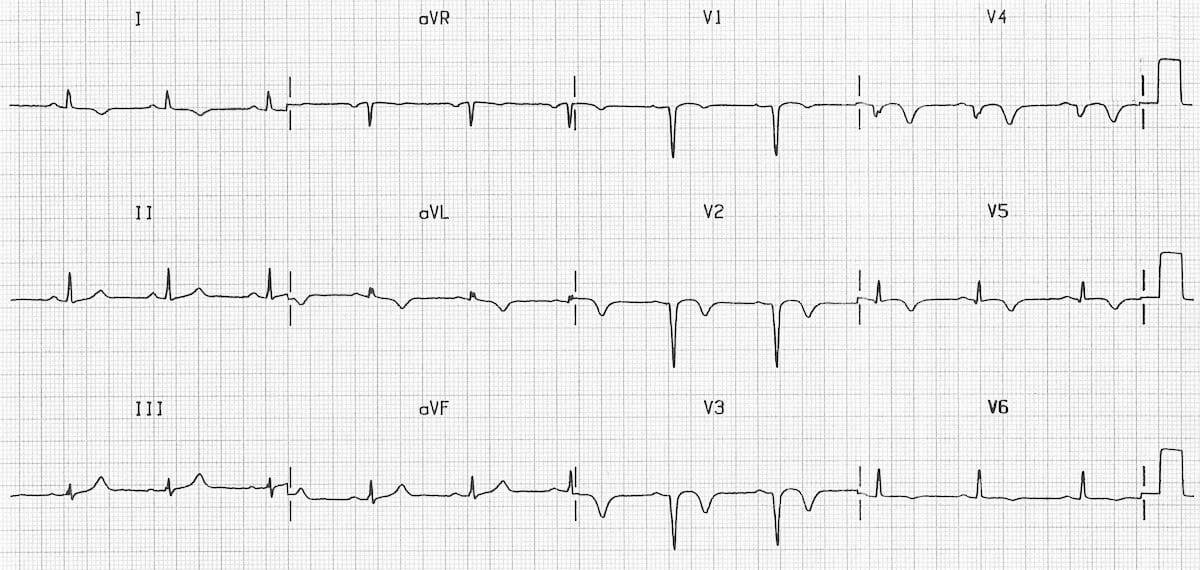
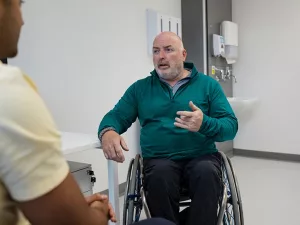
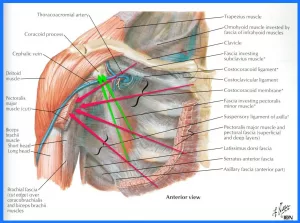



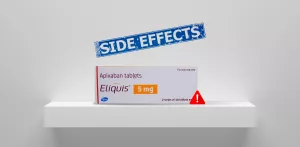
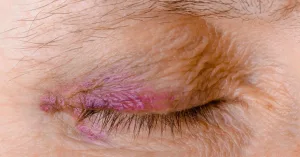






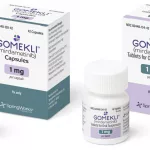




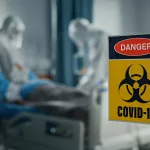




Leave a Reply
You must be logged in to post a comment.